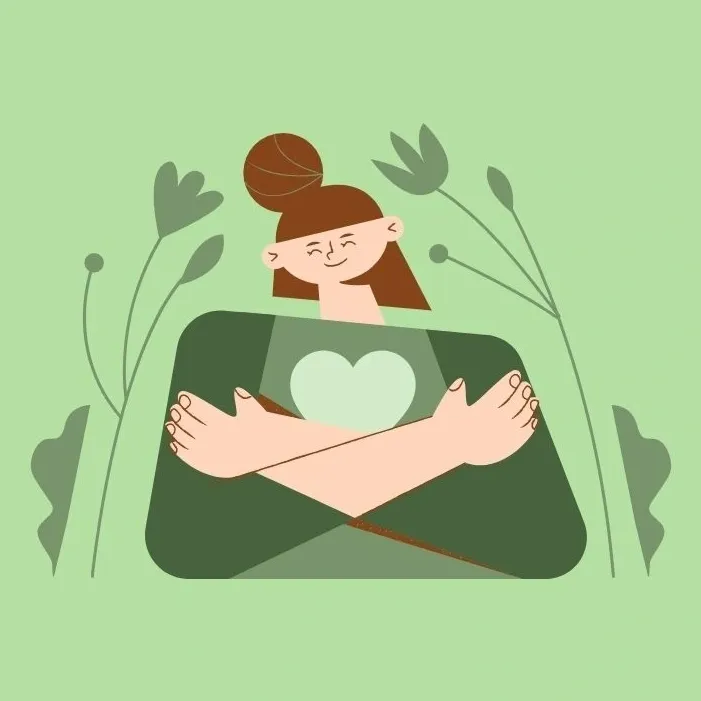
Altruism, on the other hand, is any kind of social behaviour that is selflessly for the benefit or sake of others (Szuster, 2016). Often this behaviour can involve risk or cost for the individual doing the helping, and there is no guarantee that they will receive the same help in return, if and when they need it (DeSteno, 2015). Yet, human beings, who are often thought to be individualistic and selfish, reach out, lend a hand and help others, even when it may be dangerous, unpleasant or one-sided. Many people consider altruism to be a key component of medical professionalism, as those who work in healthcare are seen to be kind, compassionate and understanding while simultaneously not expecting anything in return. While it would be truly inspirational to believe that everyone who works in some kind of helping profession does so only for the benefit of the people they care for, we have learnt that this might be an unrealistic perspective. As you can imagine, there is much debate about whether true altruism really exists, as why would someone truly put themselves on the line to help another person like this?
Without diminishing the amazing work that helping professionals do everyday, we have to ask if it is really true that everyone is kind and compassionate with no expectations at all. Whilst many who work in healthcare do so because they are passionate about helping people, they also receive a sense of purpose and accomplishment in return for the work they do, are paid for the role they occupy, and are regarded highly by society for their efforts. Similarly, members of society who help others often have some underlying (and often subconscious) reason for doing so. Each conscious decision we make about whether or not to help someone is accompanied by a level of satisfaction or benefit, whether this is recognised or not. And if this is the case, then true altruism cannot really exist.
It may also be important to consider the personal costs or negative consequences that an altruistic act has on the person doing the helping. Not many of us could honestly say that if we were inconvenienced in some way by helping another, that we wouldn’t want some kind of compensation in return. While we may not actually expect to be reimbursed for our time or efforts, there is often the expectation that we deserve to be – whether this is with money, rewards, praise or acknowledgement. And usually, when we help someone, they are grateful for our help, and may thank us, give us compensation or talk about us with praise to others.
Of course, we cannot simply remedy the argument about whether or not true altruism really exists in a short blog post – but rather we want to get people thinking and reflecting on their behaviour choices. Whilst helping someone in need is certainly an admirable act, it might be worth considering why you’ve decided to help – and if the reason doesn’t sit too well with you, maybe it’s time to rethink how you perceive the act of helping.
References
DeSteno, D. (2015). Compassion and altruism: How our minds determine who is worthy of help. Current opinion in behavioral sciences, 3, 80-83.
Szuster, A. (2016). Crucial dimensions of human altruism. Affective vs. conceptual factors leading to helping or reinforcing others. Frontiers in Psychology, 7, 519. Chicago








